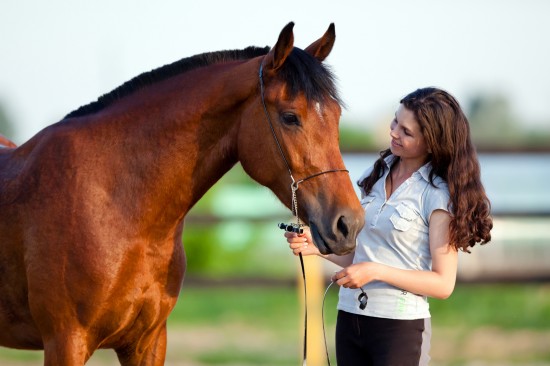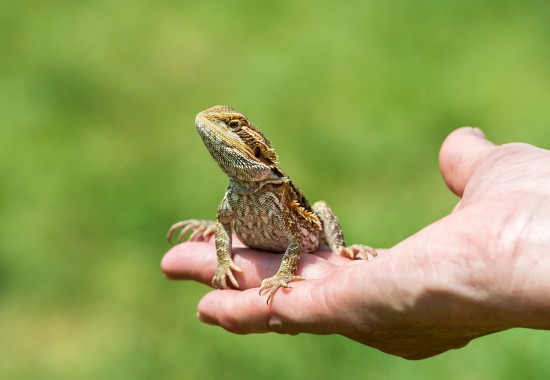Moving is pretty stressful for you and your family, but even more upsetting to your pets. Just imagine how you would feel if your world was entirely disrupted and you had no idea what was going on! For an indoor dwelling pet, moving can be particularly traumatic. Ask your moving consultant about moving pets, a reliable moving company will undoubtedly have some advice to offer to make moving cats, dogs, or other non-human family members relocation easier and less stressful
Tips for moving your pets:
Make sure your pet is wearing proper identification and current license tags in case they are lost;
Get a copy of your pets medical history from your vet clinic, and update all necessary vaccinations;
Your pets may become nervous as moving day draws nearer because of all the unusual household activity. Watch them carefully, if they become too agitated, consider having them boarded during the most hectic days;
Throughout your move, a health certificate provided by your veterinarian that confirms your pets good health and a rabies vaccination certificate should accompany your animal wherever it travels;
If your pet is nervous, ask your vet to supply a prescription for sedation during the move;
If your move is international, inquire well ahead of your relocation about applicable laws on entry of animals and any quarantines that might apply;
After you move, keep your pets indoors and leashed and closely supervised when its necessary to take them outside, until they have adjusted to their new home;
If your pet has a microchip implant, remember to update the contact information, and
Ask for a referral to a new veterinarian in the community to which you are moving.
Shipping Pets by Air
If your move requires air travel, make arrangements well in advance, and check with the airline about regulations regarding health certificates, inoculations, ID, approved pet carriers and special coverage for your pet. Book a direct flight if at all possible, so your pet isnt exposed to repeated changes in air pressure and temperature.
Moving pets by car
Travelling by car is often the best way of moving your pets because keeping them with helps them feel more secure than if they are handled by strangers. As well, you will probably worry about your pets less than if they are out of your control. Of course this option is probably the least expensive way to move pets too!
Some pets enjoy car rides, uttering those two words can send my dogs into a state of quivering excitement, but if your pet isn't familiar with car travel, you can take it on some short rides beforehand so it can get used to the sensation of movement. If your animal is still nervous, or gets carsick, ask your veterinarian about a sedative, or medication for motion sickness. Keep your pet inside a kennel or carrier during travel; its much safer than allowing them to move about the vehicle. Be sure to check ahead of time which motels accept pets if you need a place to spend the night along the way, and always use a leash, kennel or carrier when transferring your pets from the car to the motel.
While travelling, plan frequent stops to give your pets the opportunity to have a drink and exercise (remember the plastic bags!), and never leave them alone in your vehicle. Bring a few rags or paper towels in case of accidents or car sickness and provide a favorite toy to distract them. If its necessary to leave your pet alone brieflyin the motel room, secure them in their carrier and put the Do not Disturb sign on the door.
If you're moving with a bird, rodent or reptile cover the cage in which they are being transported to help keep them calm. To avoid messy spills remove the water and food dishes. Feed and water your pet at stops along the way.
Settling in
Upon reaching your new home, immediately designate a quiet room for your pets away from the racket of moving. Offer them water and food, and reassure them if they are frightened. It will take time for your pets to adjust, until then keep them leashed when you take them outside, unless they are in a securely fenced yard.
In a week or two your pets will realize that the world isnt coming to an end, its just changed, and this new place is okay, as long as their people are there with them! By the time you have all your boxes unpacked, the furniture placed where you want it and family pictures up on the walls of your new home, you will have forgotten about the stress of moving pets, and so will have they!

 Bull terrier puppies – your best canine companions
Bull terrier puppies – your best canine companions
Bull terrier puppies – your best canine companions
Bull terrier puppies – your best canine companions
 The Importance Of Correcting Bad Behaviour In Horses And Ponies
The Importance Of
The Importance Of Correcting Bad Behaviour In Horses And Ponies
The Importance Of
 The Tonkinese Cat Breed
The Tonkinese Cat
The Tonkinese Cat Breed
The Tonkinese Cat
 Caring For A Persian Cat - Factors To Consider
Caring For A Pers
Caring For A Persian Cat - Factors To Consider
Caring For A Pers
 How To Pick Up And Handle Your Pet Lizard, And The Best Pet Lizards For Hands-on People
How To Pick Up An
How To Pick Up And Handle Your Pet Lizard, And The Best Pet Lizards For Hands-on People
How To Pick Up An